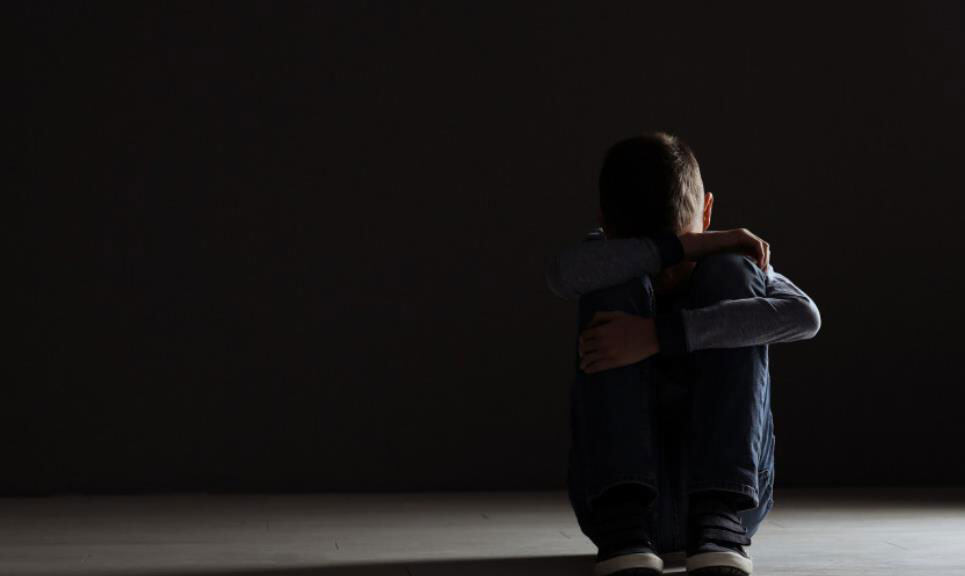Children can often be overlooked in situations involving interparental coercive control, but the impact on them is significant, a new research review from The Australian National University (ANU) has found.


Coercive control is a pattern of controlling behaviours and asserting dominance within an intimate relationship. It can include limiting access to money, gaslighting or isolating the target from their support system.
Lead author, ANU graduate and clinical psychology registrar Nakiya Xyrakis, said traditionally a lot of the focus has understandably been on adult victim-survivors, but children can be profoundly affected even if they aren’t the direct target.
“We found unfortunately children are often used as tools to enact coercive control,” she said.
“There are also a host of negative outcomes for the victim-survivor that might impact their parenting capacity and their relationship with the child.”
The evidence suggests there are similar but distinct impacts on children exposed to coercive control as those exposed to other forms of intimate partner violence.
This can include things like impacts on social-emotional and physical development, broader family functioning outcomes, such as strained parent-child relationships and harsher parenting, as well as psychological and behavioural challenges.
“The whole experience of children having to observe this dynamic can be highly traumatic and distressing for these children, so at times they might feel emotionally overwhelmed and their parents might not be well placed to respond sensitively,” co-author Dr Dave Pasalich said.
“This comes at a time when kids really need that emotional support – it can have real implications on the quality of the parent-child relationship.
“It is something that can affect all different types of families – it doesn’t discriminate.”
The researchers said while coercive control has become a much talked about topic, less discussion has focused on children.
“Our aim was to review the impacts not just for the couple involved, but for the broader family system, especially children,” Ms Xyrakis said.
“Kids are forgotten a lot of times in this space, but they suffer a lot. When something like this happens it shifts the whole family dynamic.
“There are situations when, for instance, kids might have to step up and take on the role of parent, or end up caught in the middle of complex, and often, scary relationship dynamics. Children aren’t just passive witnesses.”
The review has been published in Trauma, Violence, & Abuse.






































